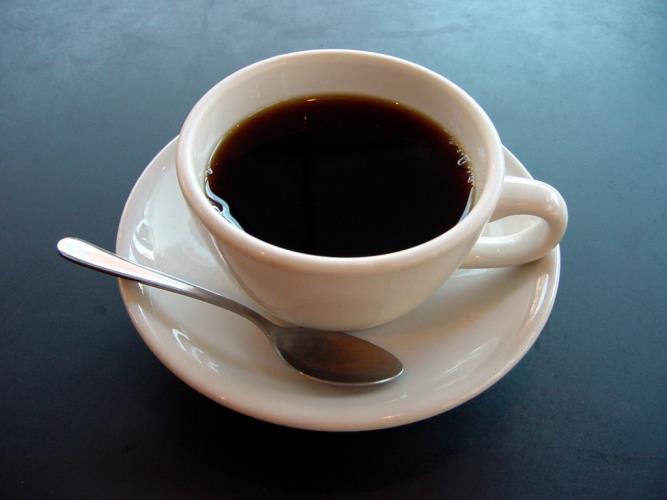Recipient of Macao Literary Prize and Macao Novel Prize, Joe Tang is a writer and cultural commentator, and has published novels, including The Floating City, Assassin, and The Lost Spirit. The latter two titles were translated into English and Portuguese. Joe’s portfolio also includes commentaries on art and plays. They include Words from Thoughts, Philosopher’s Stone, Journey to the West, Rock Lion, Magical Monkey and The Empress and the Legendary Heroes.

“Creativity” would probably be one of the hottest and most searched keywords in Macao. It is likely that you will see such word no matter in the media or in activities organised by different associations. Most people, including myself, may have a question in mind: what is “creativity” really about? What is included in it? And what is not?
I have an interesting experience about my visit to Taiwan not long ago that I would like to share, as it has given me some food for thought. My family and I visited Alishan. When our journey almost came to an end, the host of our homestay arranged a driver for us. On our way back, we also did some sightseeing. The weather was bleak, and driving on a winding country road made all of us tired. In the middle of the way, the driver brought us to a very special coffee shop. The shop is perched on the hillside and boasts an open-air seating area. Opposite is a coffee plantation owned by the boss of the shop. Inside the shop, you’ll see different types of plaques hanging on the walls or on the floor. Those are plaques awarded by a local farmers cooperative to honour the winner in certain competition. We got to know that the coffee shop is run by a brother and a sister belong to the Tsou tribe, and we got a chance to talk to them. They plant coffee, roast the beans and supply them to different retailers. They also run a café, which is the one we visited. When we arrived, the brother was racking his brains over the rebranding of the corporate identity, from packaging to designing staff aprons and menus. He said: “We have to find elements that fit us from the culture.” He started looking for them from the culture of his own tribe, and incorporated features of the Tsou in his brand. From the use of colours to the design of the totemic logo, they gradually built their brand character and created a unique style.
Although the coffee shop was just a pit stop in our trip, it has given me a lot of inspirations. It made me believe that “creativity” is in everyday life. The plaques the siblings received have proved that it’s a well-run business, no matter from coffee planting, roasting to trading. They’ve got plenty of orders (On the day we visited, the brother said that the coffee inventory sold out already and the remaining beans were for consumption in the shop only. There were no more stocks for sale.) and it’s not difficult to see that once a product (or a service) gets a foothold in the market, the next step is to stand out from your competitors. And what is need here is the power of culture and creativity.
I believe that “creativity” is not nonsense. Real creativity has to be rooted in life in order to flourish. Be it a coffee shop, or a diner, or a bakery, or a dessert shop, it can be a creative one. But the prerequisite is your product or service has to excel in quality, no matter which industry it is. Excellent product or service is the primary requirement, and creativity adds value to it. Product and creativity can go hand in hand and grow together. Thus, the core of creativity is attitude, not format: both the manufacturer and the consumer want good quality of life and to live in an environment that people respect each other, willing to challenge authority and think out of the box. With this attitude, our everyday life per se is a source of creativity.